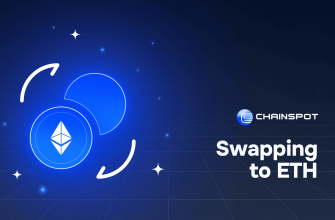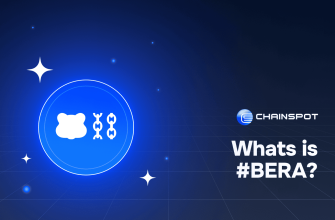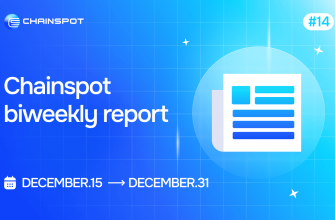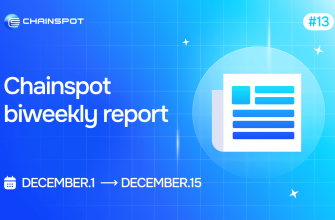Participants in the crypto community have expressed apprehensions regarding the 27.6% annual yield of the recently launched stablecoin by Ethena Labs — USDe.
The project opened access to the stablecoin on the Ethereum mainnet on February 19th.
Announcing the @ethena_labs public mainnet 🌅
Details on our "Shard Campaign" in the following tweet pic.twitter.com/kXU5WjJ4rB
— Ethena Labs (@ethena_labs) February 19, 2024
According to the Ethena Labs website, users have the option to deposit stablecoins like Tether (USDT), Frax (FRAX), Dai (DAI), Curve USD (crvUSD), and mkUSD in exchange for Ethena’s USDe, which can subsequently be staked. The unstaking process requires a seven-day waiting period. Staked USDe tokens can be provided to other DeFi platforms to garner additional yields.
USDe, as labeled by Ethena, is referred to as a synthetic dollar, closely resembling an algorithmic stablecoin. These tokens aim for a target peg of $1 and are minted as ether (ETH) tokens are deposited into the platform.
The yield is derived from two primary sources:
- Staking ether to a validator and receiving a 5% return on the invested capital.
- Engaging in short positions on ether futures to capture the funding rate, which is projected to exceed 20% based on historical modeling.
This futures mechanism mirrors a “cash and carry” trade, wherein a trader simultaneously takes a long position in an asset while selling the corresponding derivative. Theoretically, such a trade remains directionally neutral and profits from funding payouts rather than the underlying asset’s price fluctuations.
As of writing, the total locked value in the protocol has exceeded $307 million with 4460 users.
Second day into our official public mainnet launch$USDe supply $300,000,000
Curve Liquidity +$80,000,000
Remilio pic.twitter.com/o4MZfKgaL6
— Ethena Labs (@ethena_labs) February 20, 2024
On February 16th, Ethena Labs announced a $14 million funding round backed by venture capital firm Dragonfly and other investors. In 2023, the startup also received $6 million from Binance Labs, Gemini, Bybit, Mirana Ventures, OKX Ventures, and Deribit.
According to DeFiLlama developer 0xngmi, the real issue with the stablecoin lies in potential yield inversion.
The programmer also recalled two similar projects that lost funds due to fund inversion. One of them was Anchor Protocol in the collapsed Terra ecosystem, which he classified as a Ponzi scheme.
i dont get why so many people are focused on ethena's high yield (its a basis trade) instead of the fact that there's been 2 projects that tried this before and both gave up because they lost money due to yields inverting
— 0xngmi (@0xngmi) February 20, 2024
In response to the claims, Ethena’s Head of Research Conor Ryder stated that “USDe isn’t safer or better than any other projects – we are simply offering something with an uncorrelated risk profile to the rest of DeFi.”
A lot of new eyes on Ethena today and people are right to point out the risks involved
I wanted to take a sec to highlight some of the extensive work we've done surrounding the risks of the design, and specifically addressing funding risk
Before I get into the meat and veg… pic.twitter.com/zfuWMljkSB
— Conor Ryder (@ConorRyder) February 19, 2024
The Daily Gwei founder Anthony Sassano emphasized that the community’s concerns regarding Ethena’s yield are a “green flag” for the crypto industry.
I backed @ethena_labs with a small check because I liked the founder and thought the idea was worth pursuing.
In saying that, I'm very glad to see lots of people questioning Ethena's design and asking how they can offer things like 20%+ yield and also exploring what all of the…
— sassal.eth/acc 🦇🔊 (@sassal0x) February 20, 2024












